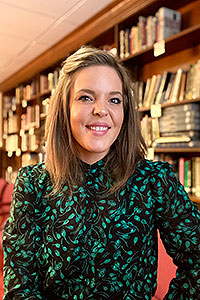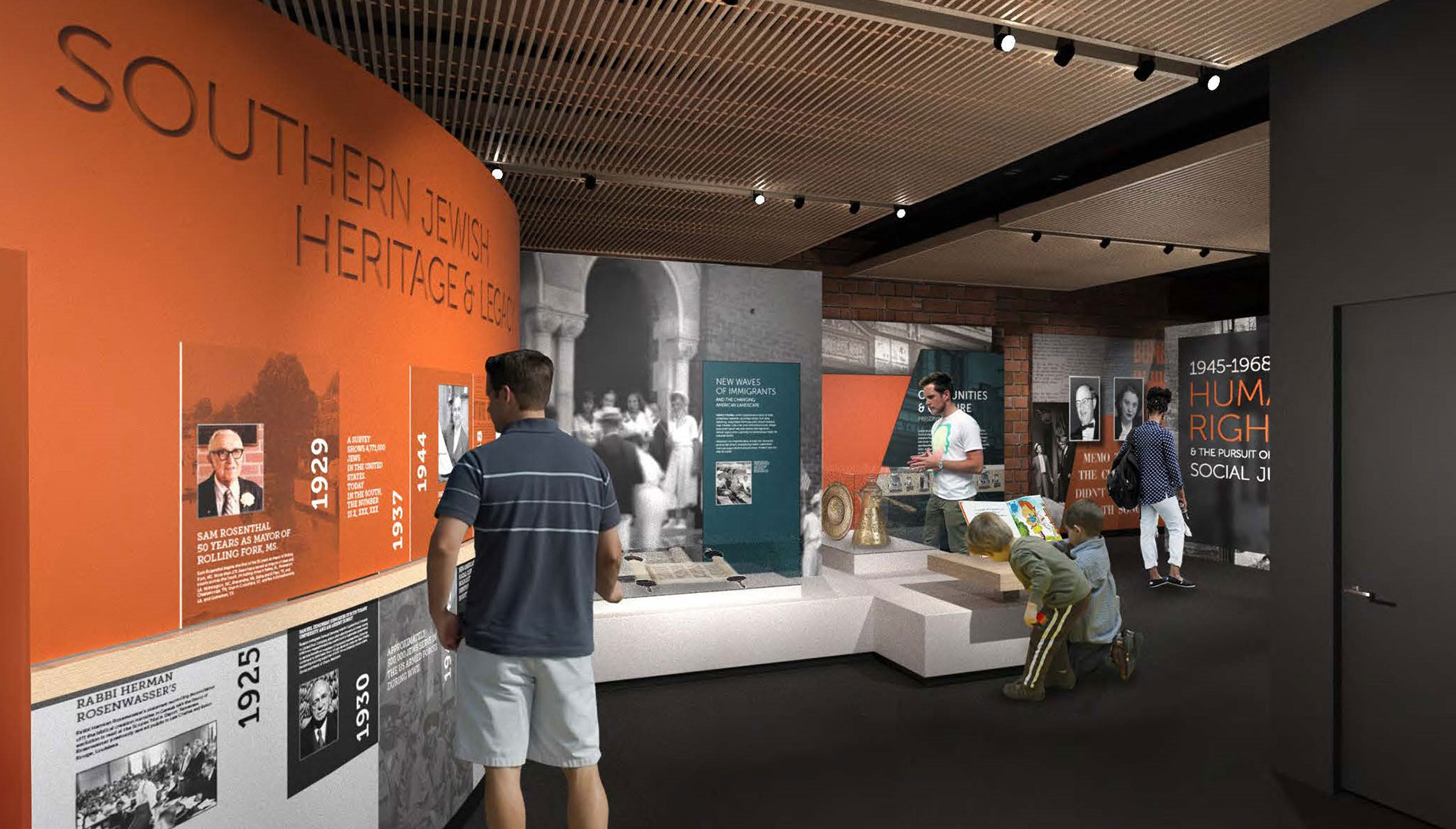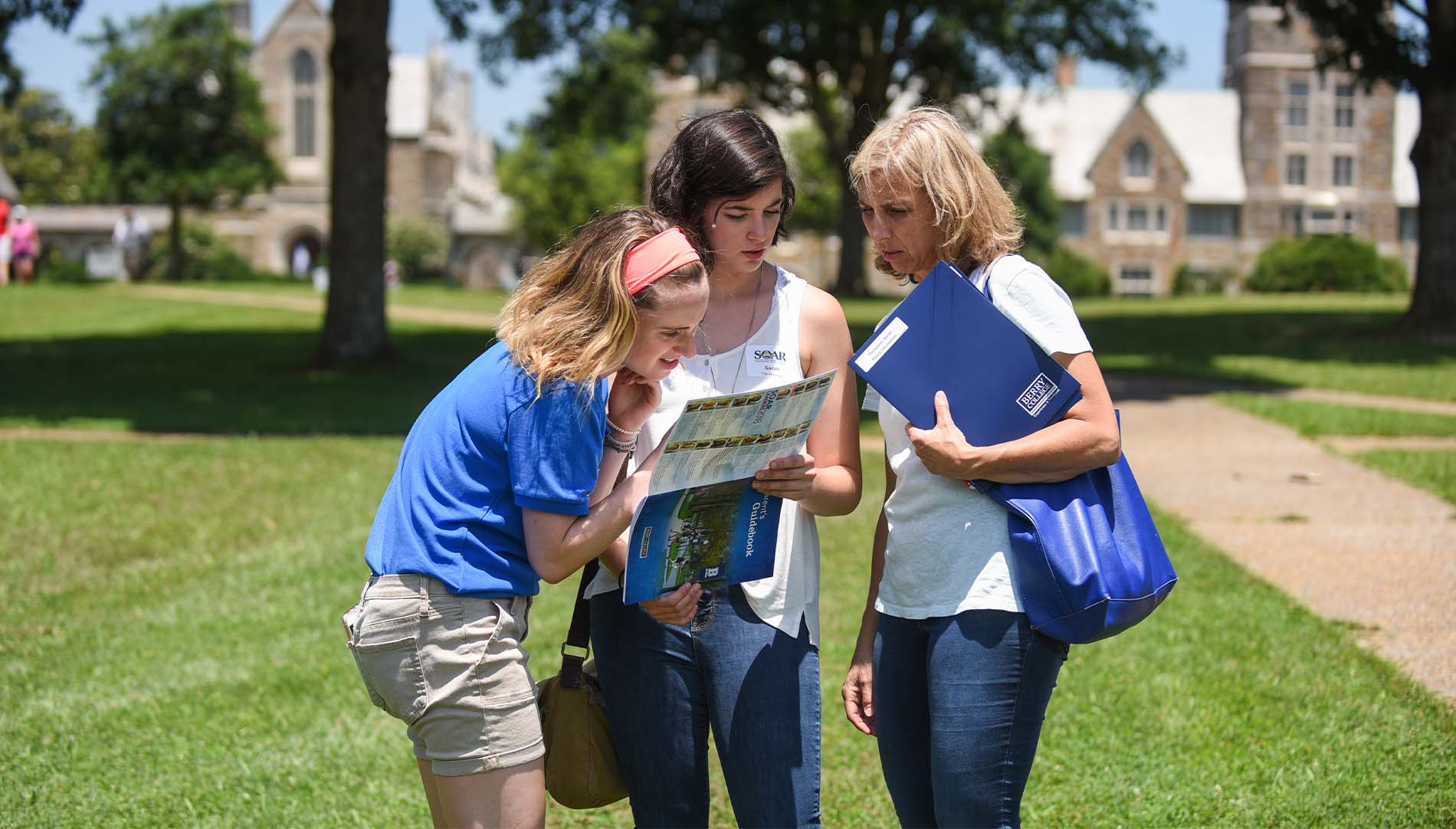
Berry alumna Anna Tucker graduated summa cum laude in 2008 with a bachelor's degree in history and completed her master’s degree at Georgia State University. In 2019, she joined the New Orleans-based Museum of the Southern Jewish Experience (MJSE) to serve as curator. Scheduled to open in early 2021 in the heart of the arts district, it will be the only U.S. museum to focus on Jewish history and contributions in southern states.
“Our museum features stories and artifacts from 13 states and 300 years of history, and one of the greatest challenges of this project is selecting the themes, artifacts and experiences to highlight out of thousands of possibilities,” Tucker explains. “Because our museum’s permanent collection encompasses such a large range of artifacts — from 1800s wedding dresses and historic Shabbat candlesticks to lacquered, glittered bagels designed by Krewe du Jieux for Mardi Gras — it requires a rigorous and detailed plan to ensure the preservation of all objects in our care.”
An Honors student, Tucker gained valuable experience in Berry’s history department. “Working as Dr. Laurence Marvin’s research assistant honed my research skills and gave me insight into the academic field, while the Honors capstone provided a foundation for how to tackle large projects,” she says.
Key positions with Kennesaw State University prepared Tucker for her current role, including assistant museum manager of the Museum of History & Holocaust Education and special projects curator for the Department of Museums, Archives and Rare Books. She was co-curator of the 150th anniversary exhibition of The Temple, the oldest Jewish congregation in Atlanta, in 2017 and co-authored The Temple at 150 Years.
Tucker stays connected to Berry faculty who guided her initial footsteps. “It is a rare opportunity — especially as an undergraduate — to be able to simply sit and discuss ideas with your professors one-on-one,” Tucker says. “Many have continued to mentor me, even though it’s been 12 years since I graduated. Some of the underlying principles of my curatorial practice today, including exploring ideas and connections from multiple perspectives and seeking ways to engage with and be accessible to diverse communities, were developed in those office conversations over a decade ago.”
Senior Shannon Rainey



